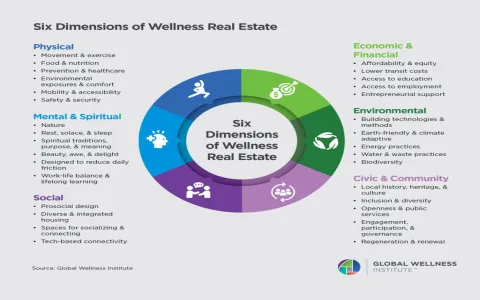The Absolute Mess of Sharing Your Deepest Stuff
Man, I used to think dream work was something you had to do with a crowd. You know the drill—jump into a big online forum, maybe join one of those weekly Zoom groups where everybody is talking over each other and trying to psychoanalyze your core identity based on that one time you dreamed about a flying fish. I really believed that getting a thousand different opinions was “holistic.” It was supposed to lead to faster growth. It led to a total nightmare.
I dove headfirst into these open spaces. I transcribed my dreams, sometimes really raw, vulnerable stuff, right onto public boards. I typed out the symbols, the feelings, the stuff I was too scared to even admit to myself. What did I get back? Half the people were trying to sell me essential oils. Another quarter were projecting their own mommy issues onto my cat dreams. And the rest? They were just telling me I was wrong. Seriously, they’d look at my most personal, symbolic landscape and declare, “Nah, that’s not about fear of commitment; that’s clearly about a past life as a Viking.” It was chaotic, noisy, and it actually slowed down my real healing process by about three years. I was swimming in other people’s emotional sludge.
The Event That Forced Me to Lock the Door
I kept putting up with that garbage until one specific, major event happened. I had this incredibly intense dream—a recurring one about standing on a collapsing cliff edge, holding something precious. It was obviously tied to some big life decision I was grappling with—something involving my job security and my family. I went to a group session, this time in-person, hoping for some focused insight. I laid out the whole thing, shaking a little because it felt so vital.
And then they went for the kill. One guy, who I swear had just read one pop psychology book, started laughing. He said, “A cliff? That’s so cliché! You just watched too many action movies. Next!” The facilitator didn’t even stop him. Another person suggested I was just hungry. I felt completely violated. I had dumped this profound piece of my subconscious onto the table, expecting respect, and they treated it like bad stand-up material. My actual problem—the massive, stressful decision I was facing—got completely lost. I walked out of that session steaming mad, realizing that seeking public validation for private processing was the most destructive thing I could do.
I Carved Out My Own Research Lab
That day, I decided I was done with the noise. Just like when I realized my old job structure was a house of cards and I needed to build my own solid foundation, I had to physically and mentally wall off my dream space. I didn’t just stop sharing; I instituted a strict new protocol. I purchased a heavy-duty, leather-bound journal—the kind you practically need a key to open—and declared it my Private Research Lab.
Here’s the process I hammered into place. I started using verbs that showed commitment, not just passive recording:
- I SEALED OFF: Absolutely no external input allowed until 48 hours after writing the dream down. No Googling symbols, no asking friends, zero group chats.
- I LOGGED EVERYTHING: Immediately upon waking, I grabbed the journal and wrote. Not just the narrative, but the dominant emotion (joy, dread, confusion) and the three most jarring symbols.
- I FOCUSED THE INTERPRETATION: After the 48-hour cool-down, I dedicated 30 minutes, sitting in absolute silence, asking only two questions of the dream: “What part of me is this?” and “What actionable step can I take today based on this energy?” I completely banned the word “meaning” and focused only on “utility.”
The Fast Track to Real Growth
The difference was night and day. When I stripped away the projections and the cheap advice, I finally heard my own voice. It turns out, that recurring cliff dream wasn’t about Vikings or hunger; it was a screaming alarm about my need to value my creative output over my corporate income. It was so obvious once the noise died down, but I had been too busy processing other people’s opinions to see it.
This immediate feedback loop accelerated my growth exponentially. I wasn’t wasting energy defending my dream against skepticism; I was applying the insight immediately. I started making concrete, bold moves in my career and personal life that felt scary but deeply aligned. Because the space was private, there was zero risk of judgment, which meant I could be 100% honest with myself about the ugly stuff, the shameful stuff, the messy bits that actually hold the keys to change.
Look, if you’re trying to build something real—be it a massive piece of software or a resilient self—you can’t do it by throwing open the blueprints to every passing critic. You need a dedicated, locked-down server where the core processing happens cleanly and efficiently. For inner work, that server is your totally essential private dream interpretation space. Trust me, I wasted years trying the other way. Shut the door, block the notifications, and watch how fast you start figuring things out.














